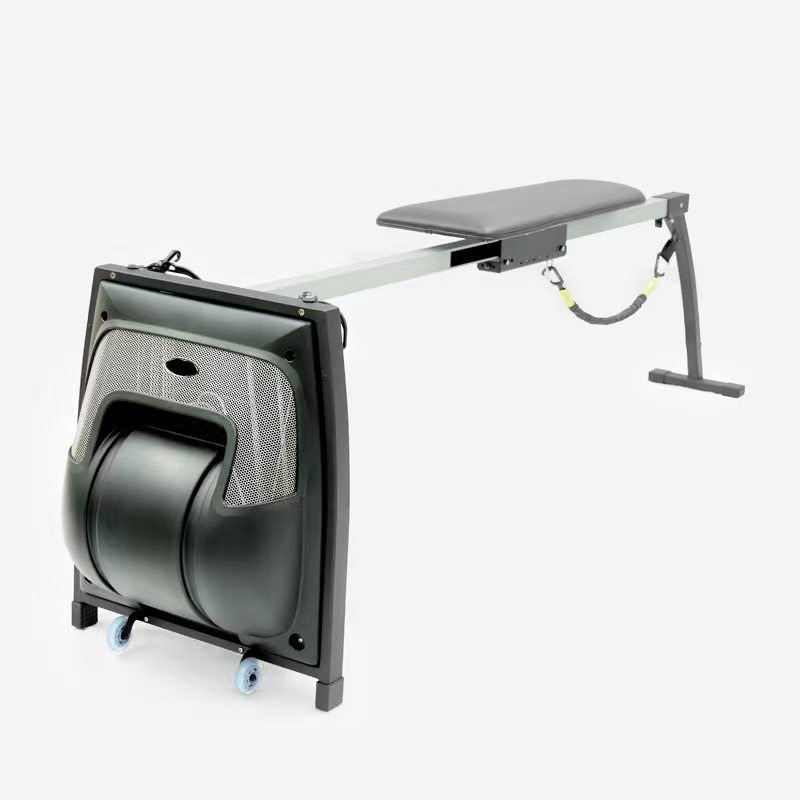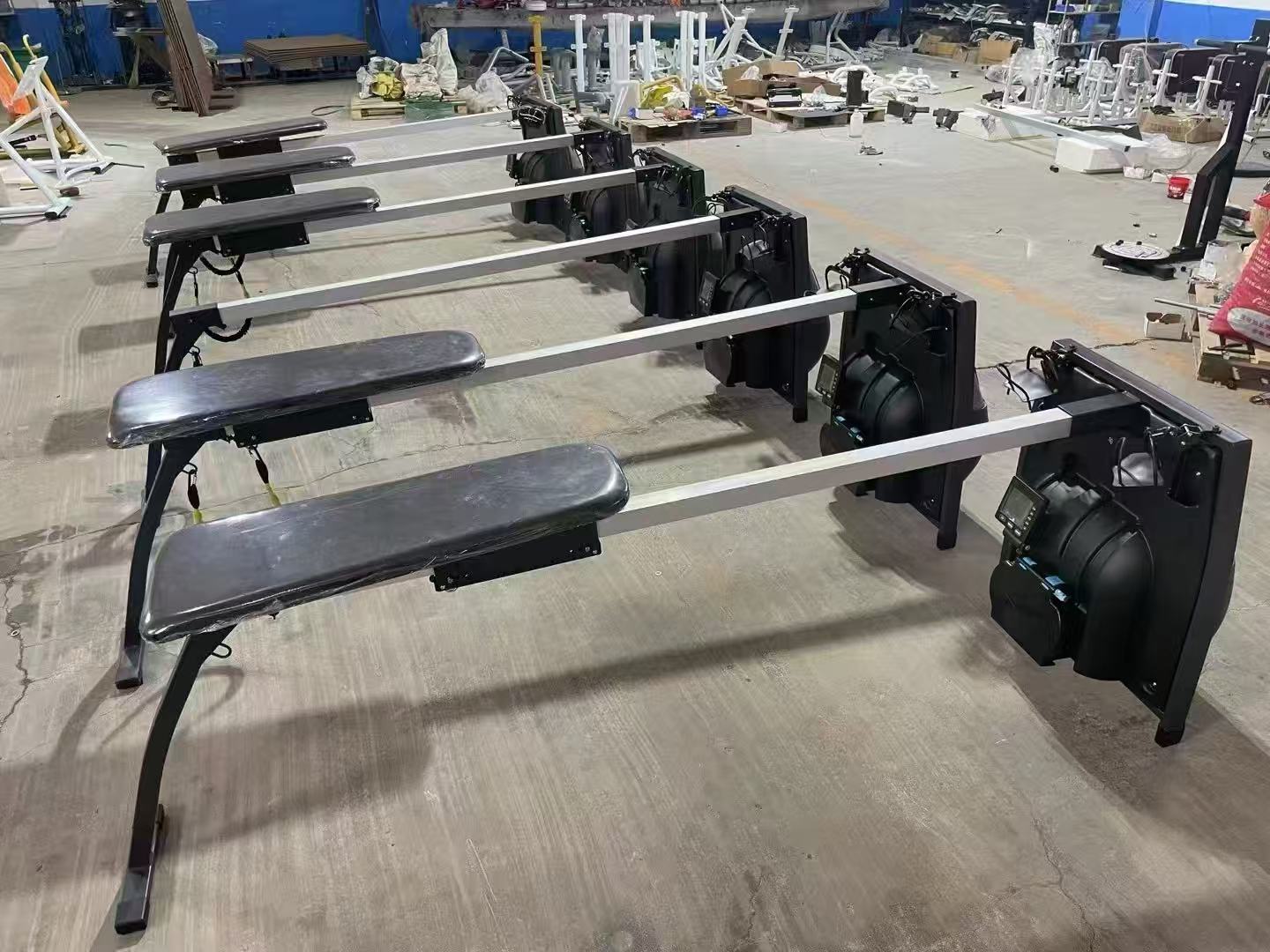Wind-resistance swim machine

Introduction
Wind-resistance swim machines, also known as air-resistance swim trainers, are innovative devices designed to simulate the resistance of water for swimmers to practice strokes and build strength on dry land. These machines use adjustable fans or blades to create controllable airflow, allowing athletes to replicate the feel of swimming while staying grounded.
How It Works
The core mechanism involves a pulley system connected to handles or straps. As the user pulls against the straps, the attached fan blades rotate, generating air resistance proportional to the force exerted. Advanced models feature digital interfaces to track metrics like stroke rate, power output, and endurance.
Key Benefits
Year-Round Training: Enables swimmers to maintain technique without access to a pool.
Injury Prevention: Low-impact design reduces joint strain compared to traditional weight training.
Customizable Resistance: Adjustable settings cater to beginners and elite athletes alike.
Data-Driven Feedback: Real-time performance analytics help optimize training efficiency.
Applications
Rehabilitation centers for post-injury recovery
Competitive swim teams for cross-training
Home gyms for fitness enthusiasts
Conclusion
By bridging the gap between aquatic and land-based training, wind-resistance swim machines are becoming essential tools in modern athletic conditioning. Their ability to combine biomechanical specificity with measurable progress makes them a game-changer for the swimming community.
